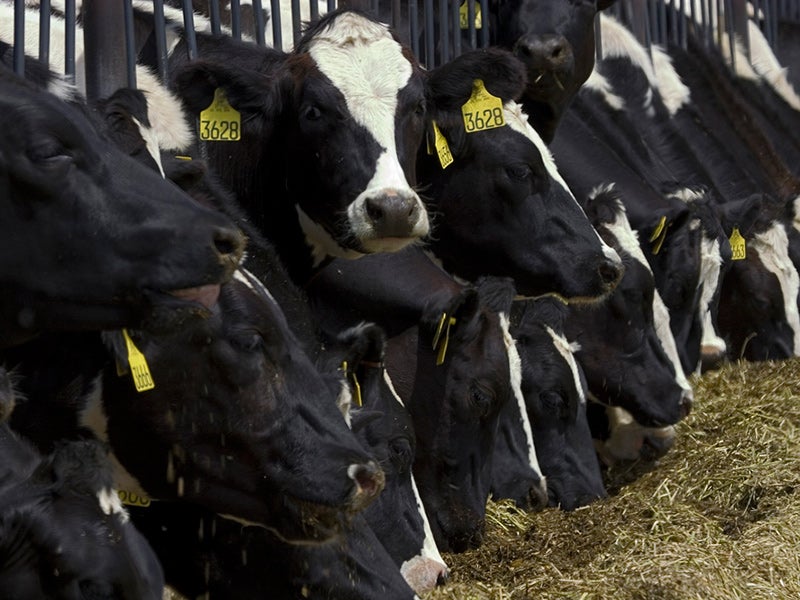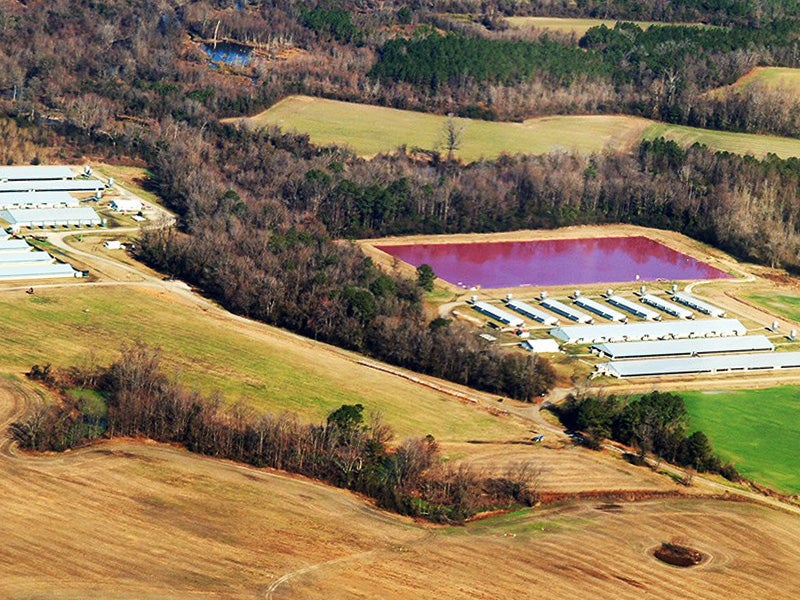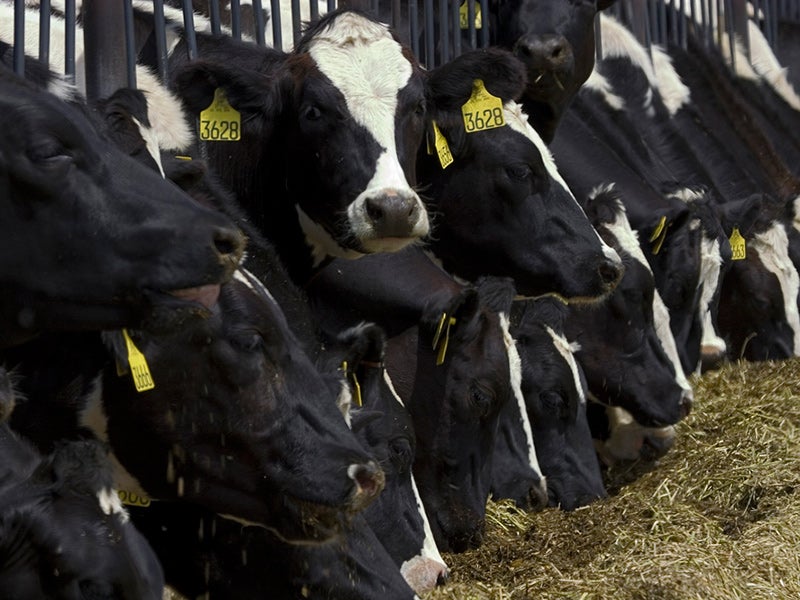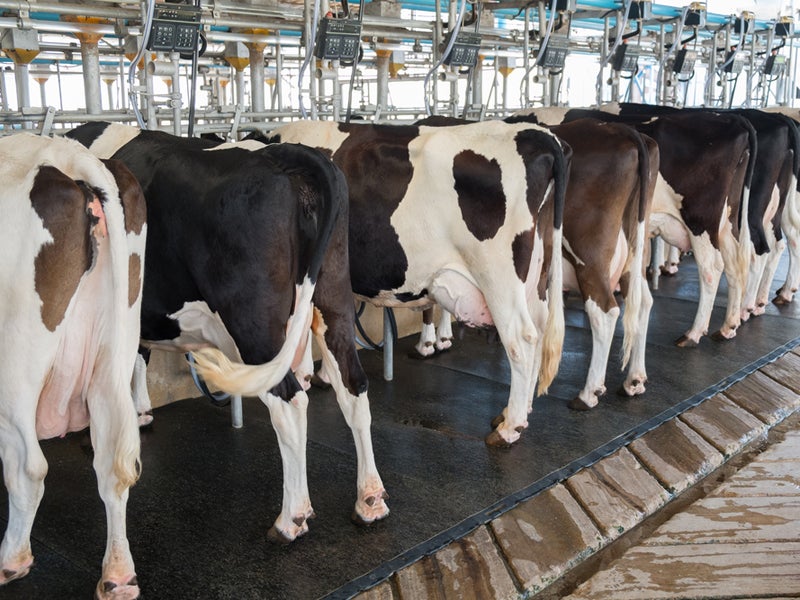Cleaning Up Industrial Dairy Farms in New York
Unlike towns and cities, which have sewage treatment plants that are strictly regulated and tested to create a non-polluting discharge, CAFO animal waste is not monitored and can be disposed of in close proximity to public drinking water supplies.
Regional Office / Program
Case Overview
New York is the country’s fourth largest milk-producing state with more than 600,000 dairy cows, each of which produces about 120 pounds of waste per day. The way this manure is stored and disposed of can have serious implications for human health and water quality. Over the last several years, industrial-sized dairies have been responsible for numerous water contamination incidents.
Unlike towns and cities, which have sewage treatment plants that are strictly regulated and tested to create a non-polluting discharge, CAFO animal waste is not monitored and can be disposed of in close proximity to public drinking water supplies.
In 2015 alone, there were over 40 documented cases of water contamination caused by animal waste from concentrated animal feeding operations (commonly known as “CAFOs”). In 2017, one of the largest facilities in the state was responsible for two manure spills in the span of one week — one of the spills entered Cayuga Lake and was found to be “precariously close” to local water supplies.
CAFOs typically store liquid animal manure in a large pit before spreading it on nearby fields. Because these practices pose a significant risk of water pollution, the Clean Water Act requires CAFOs to obtain a permit. Under federal law, a CAFO permit must include the facility’s “nutrient management plan” setting forth how it will manage its waste so as not to pollute waters.

Case Updates
Case page created on July 29, 2013.


